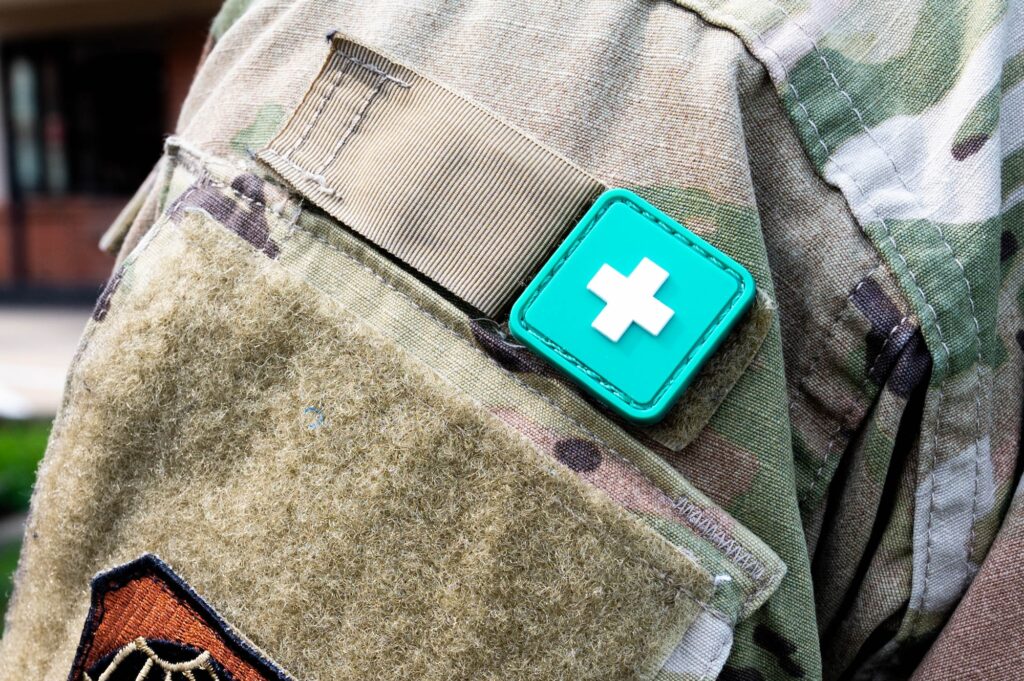SCOTT AIR FORCE BASE, Ill. —
Team Scott recently hosted its first Applied Suicide Intervention Skills Training certification class, July 25-26, marking a significant step in helping the installation become a suicide-safer community. 16 civilian and military members attended the ASIST course and are now equipped with essential skills to help individuals experiencing thoughts of suicide.
While the military already trains for suicide prevention and postvention, this class has a focus on intervention. The two-day workshop, led by John Jeziorske, 375th Air Mobility Wing Integrated Prevention and Response director and Katie Thaxton, 375th AMW Integrated Prevention chief, provided participants with comprehensive training on recognizing signs of distress, initiating conversations and developing plans to keep the individuals ‘safe for now’.
“It’s not a legal obligation, but there’s an expectation that if you are trained in ASIST, you will step up to administer suicide first aid,” said Thaxton. “We’re not turning people into mental health professionals, but we are giving them the tools to keep someone safe until they can get the help they need, whether that be with a mental health professional or some other helping resource.”
The program is structured around the Pathways to Assisting Life model with training sessions involving interactive scenario-based learning, group discussions and practical exercises, all designed to increase willingness, confidence and capacity in providing suicide first aid.
“This impacted me in such a humble way that I realized how little I knew about suicide intervention, as well as safety planning steps to help save a life,” said Master Sgt. Amber Sallee, 126th Supply Chain Operations Squadron logistics operations superintendent & additional duty first sergeant. “The skills I learned enabled me to recognize those in a time of crisis.”
Upon completion of the class, each participant was given a distinctive identifier to wear, allowing them to be easily recognized as a suicide first aid caregiver. Military personnel wear a small green patch with a white cross, while civilian members wear a green lanyard.
By certifying both military and civilian members, ASIST aims to create a cohesive support network, ensuring that help is available whenever and wherever it’s needed. As more leaders and community members undergo this training, Team Scott hopes to foster a culture of vigilance, compassion, and support.
“You are not alone,” said Jeziorske. “If you’re struggling, there’s so much help available. Whether you want to get trained or need support, take that first step and reach out.”
This initiative, coupled with the extensive We Care Resource Guide, provides individuals who are struggling access to the plethora of resources available.
If you, or someone you know is experiencing a challenge, or looking to improve their overall wellness, please explore the We Care Resource Guide or on the Air Force Connect App to find a resource that best meets their specific need or by calling the Integrated Resilience Office (IRO) at 618-256-4353.





